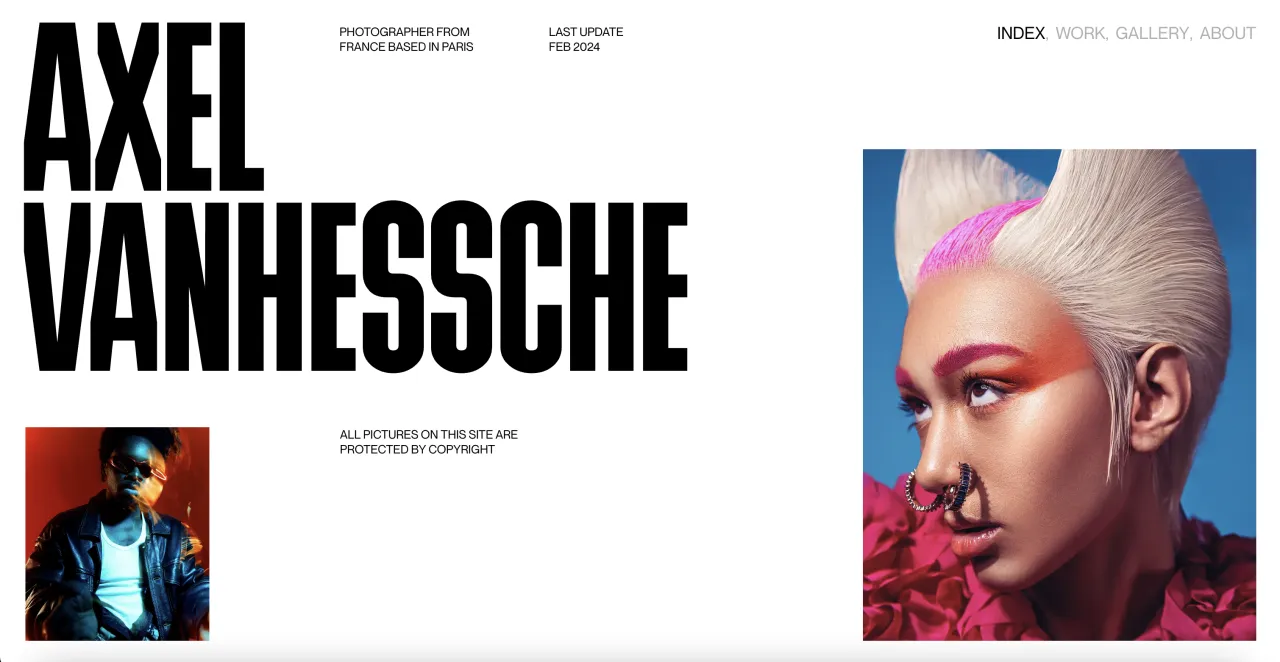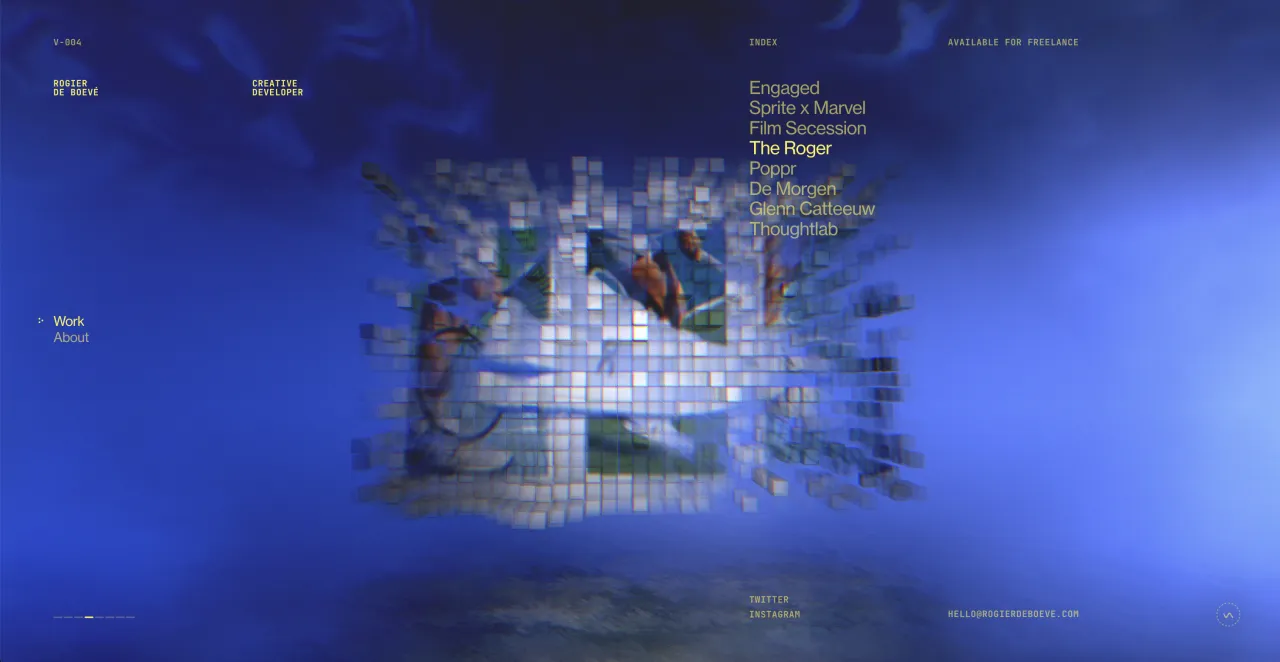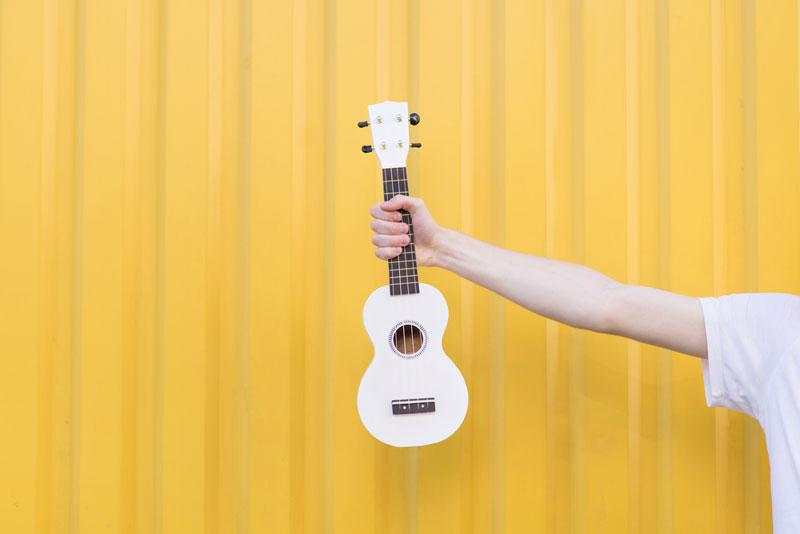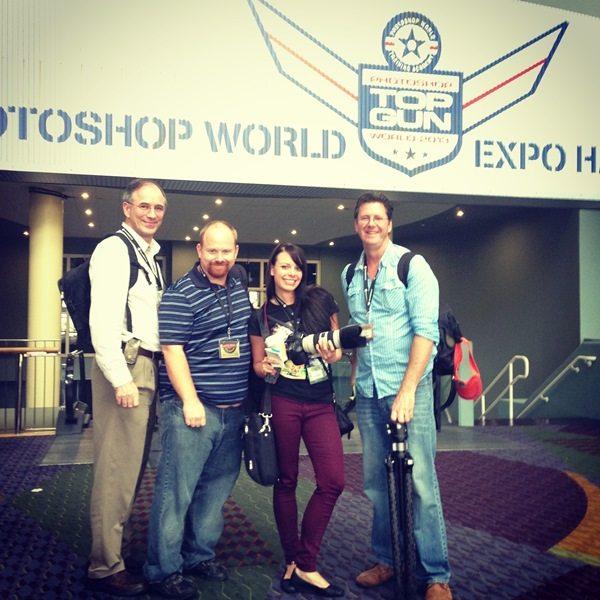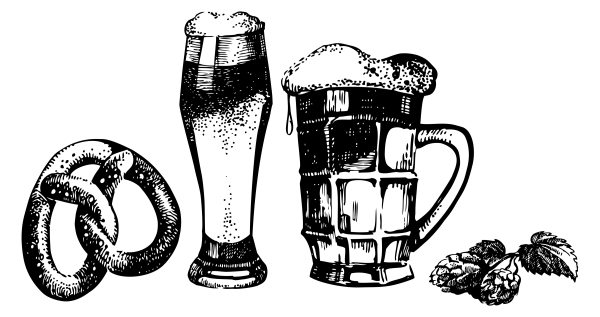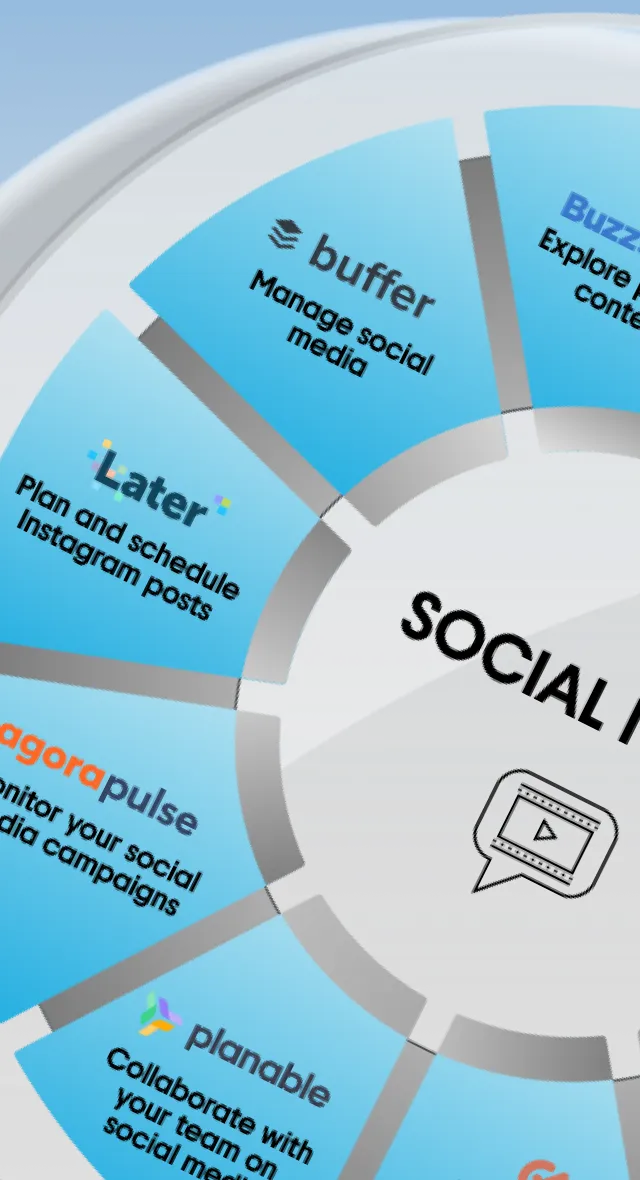Oktoberfest: Brewing Success from the World’s Largest Folk Festival
Oktoberfest is a global cultural phenomenon that has transcended its Bavarian roots to become a worldwide celebration. Held annually in Munich, Germany, from late September to the first weekend of October, the festival attracts millions of visitors each year.
The allure of Oktoberfest has extended beyond Germany, with cities around the world hosting their own versions of the event. Let’s explore how brands prepare for Oktoberfest, examining changing tendencies, innovative campaigns, and the festival’s broad influence on global marketing and business.
To support this joyful event, we’ve prepared a custom collection of licensed images, videos, vectors, and music that you can easily download and use in your creative projects.
See Oktoberfest collectionA brief history of Oktoberfest
Oktoberfest began in 1810 as a royal wedding celebration in Munich, Bavaria. The event was such a success that it became an annual tradition, evolving into the largest folk festival in the world. Today, Oktoberfest attracts over six million visitors to Munich each year, with many more participating in celebrations around the globe.
While Munich remains the heart of Oktoberfest, the festival’s popularity has spread worldwide. Cities such as Blumenau in Brazil, Kitchener-Waterloo in Canada, and Cincinnati in the United States host large-scale Oktoberfest events that draw significant crowds. This worldwide reach offers brands an opportunity to engage with a diverse audience by associating their products and services with the festive spirit of Oktoberfest.
Here are several fascinating facts about Oktoberfest that highlight its unique character:
- It’s not just about beer. While beer is undoubtedly the star of Oktoberfest, the festival also features a wide range of attractions, including amusement rides, games, and parades. Traditional Bavarian music, dancing, and food play a significant role in the festivities, making Oktoberfest a well-rounded cultural experience.
- The beer must be brewed in Munich. One of the strict rules of Oktoberfest is that only beer brewed within the city limits of Munich can be served at the festival. This rule ensures that the beer served is of the highest quality and adheres to the Reinheitsgebot, or German Beer Purity Law, which dates back to 1516.
- The festival starts in September. Despite its name, Oktoberfest actually begins in late September. The festival was moved earlier in the year to enjoy the warmer weather.
- The Oktoberfest beer mug. The official Oktoberfest beer mug, known as the Maßkrug, is a highly sought-after collector’s item. Each year, a new design is created, making these mugs a popular souvenir for festival attendees.
The economic impact of Oktoberfest
Oktoberfest is a major economic driver, particularly for Munich. The festival generates over €1 billion annually, with revenue coming from various sources, including beer sales, food, accommodation, and souvenirs.
Local businesses, especially those in hospitality and retail, see a significant boost in sales during the festival. This economic impact is not confined to Munich alone, since cities that host their own Oktoberfest events also experience increased tourism and spending.
The role of branding and sponsorship
Businesses have long recognized the potential of Oktoberfest for building brand awareness and loyalty. Sponsorship deals with breweries, food vendors, and entertainment providers are common, allowing companies to join the festival’s positive aspects—fun, tradition, and community.
Large beer brands like Paulaner, Hofbräu, and Löwenbräu, which have exclusive rights to serve at the Munich Oktoberfest, use the event to reinforce their heritage and quality. The association with Oktoberfest gives these brands global visibility and a platform to promote their products beyond Germany.
In addition to traditional sponsorship, brands turn to experiential marketing, creating immersive Oktoberfest-themed experiences. For example, pop-up beer gardens, themed parties, and exclusive product launches that allow consumers to engage with the brand in real life.
The latest tendencies in Oktoberfest marketing
Oktoberfest marketing campaigns have evolved significantly over the years. Here are some of the latest key trends:
Increased focus on sustainability
Brands are increasingly promoting eco-friendly products and practices, from biodegradable packaging to locally sourced ingredients. Some breweries have started using organic hops and barley for their Oktoberfest beers, while others have introduced reusable beer steins to reduce waste.
Rise of digital campaigns
Digital marketing has become an integral part of Oktoberfest campaigns, with brands posting on social media and partnering with influencers to reach a wider audience. The usual tactics include hashtag campaigns, live streaming, and user-generated content from Oktoberfest events.
Emphasis on authenticity and tradition
While innovation is important, many brands emphasize the authenticity and tradition of Oktoberfest. Campaigns that highlight the festival’s cultural heritage, such as traditional costumes, music, and food, resonate well with consumers who value genuine experiences. This trend is particularly evident in the popularity of products like Dirndls (traditional Bavarian dresses) and Lederhosen (leather shorts), which have become famous both in Germany and abroad.
Inspiring Oktoberfest campaigns and marketing strategies
BMW’s Bavarian heritage
BMW, headquartered in Bavaria, has effectively used Oktoberfest to highlight its Bavarian roots. The company usually launches a series of events and campaigns featuring limited-edition vehicles, various festive activities, and workshops.
In addition, BMW hosts exclusive test drive events at the Munich Oktoberfest, offering attendees a chance to experience their vehicles in a uniquely festive setting.
Airbnb’s experiences
Recognizing the growing trend of experiential travel and the desire of travelers to immerse themselves in local culture, Airbnb launched “Experiences” that connect hosts with tourists worldwide.
Speaking of Oktoberfest, these experiences can include tickets to Oktoberfest, guided tours of Munich’s beer halls, traditional Bavarian cooking classes, and even stays in authentic Bavarian homes during the festival.
Lidl’s Oktoberfest product line
Lidl, the German supermarket chain, has been running an annual Oktoberfest-themed promotion across its global stores. The campaign features a range of German food and drinks, including pretzels, sausages, and, of course, beer.
In a nutshell
What started as a Bavarian wedding celebration has turned into a global playground for brands to showcase their creativity and cultural savvy. Now, Oktoberfest offers businesses a chance for success by blending tradition with innovation. So, as brands clink glasses with customers, they’re grabbing the opportunity to make a great impression and stay in their hearts for years to come.
You can participate in this cross-cultural event by launching your own Oktoberfest marketing campaign. Depositphotos is here to help with fresh ideas, expert insights, and most importantly, high-quality visual content. Check out our Oktoberfest-themed collection of files:
See collectionRead more about global holidays and events
Rule-Breaking Marketing Ideas for Back to School and Labor Day
The Whats and Hows of World Photography Day: Exciting Facts + Collection
Connecting Creativity Globally: Join Depositphotos at Events Worldwide!




